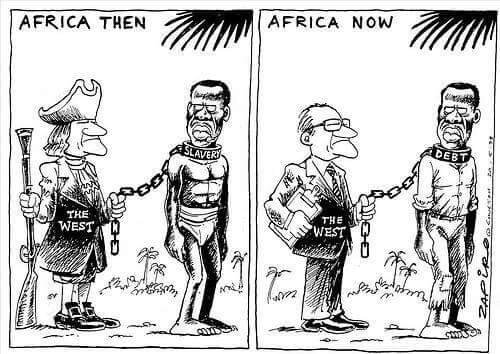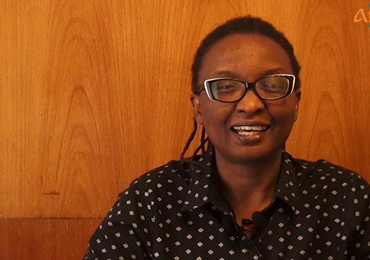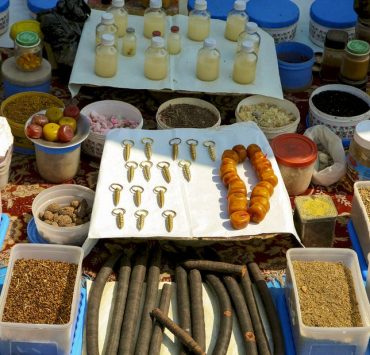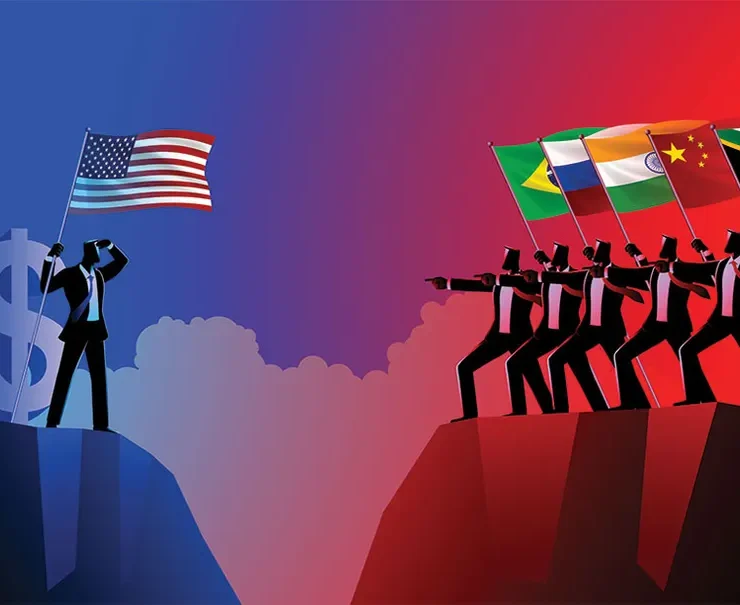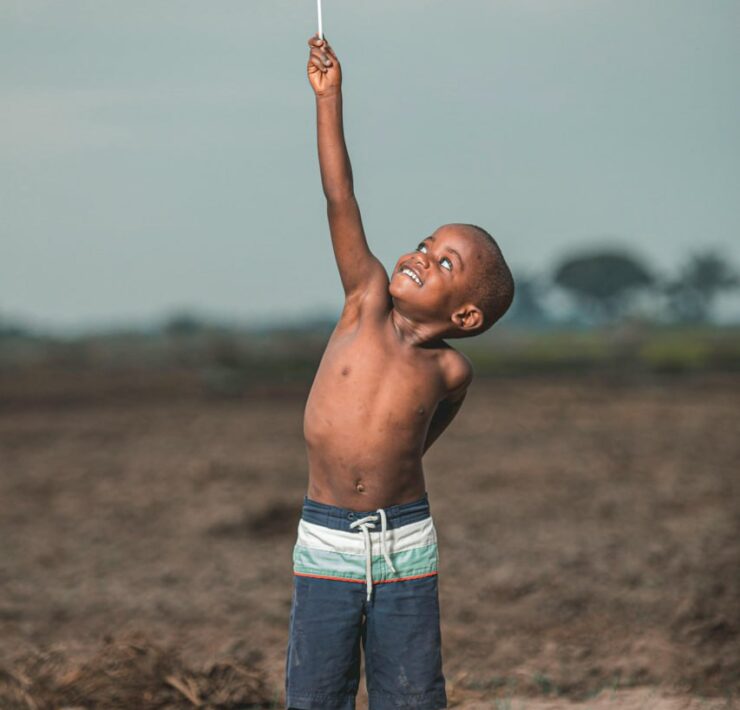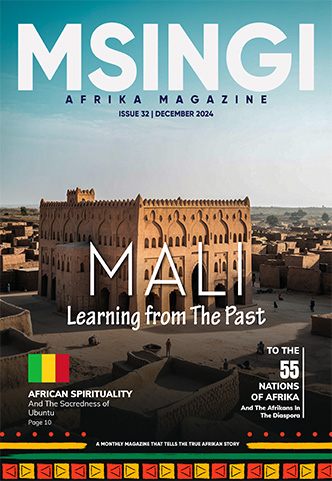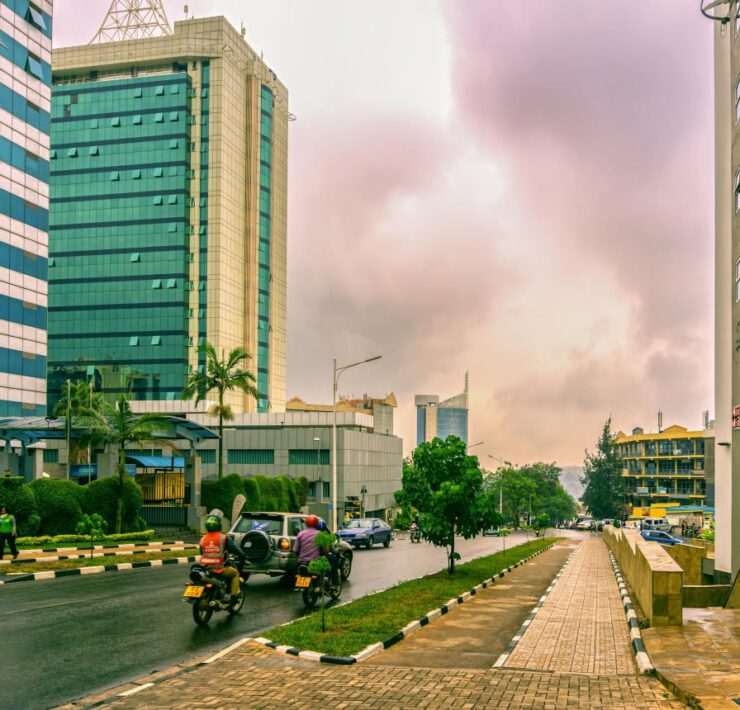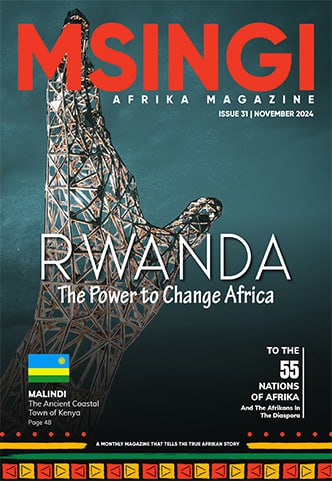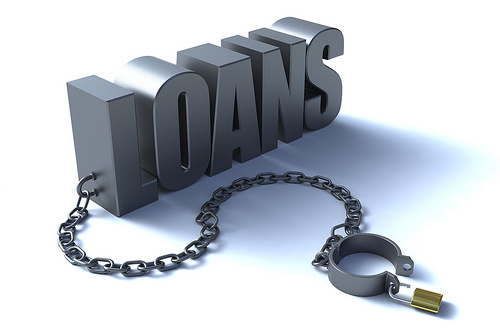
Samuel Phillips is a writer, graphic designer, photographer, songwriter, singer…
A debtor is a slave for sure, but what happens when a man who owns almost all that the entire world wants, still allows himself to be a slave to the very people who are chasing after what he himself has because he doesn’t understand what he has and because he won’t stop borrowing the very thing he already has been blessed with?
Should such a man be called a debtor, a slave or what exactly?
This is the sad story of Afrika and the nations in her. The Afrikan leaders, Afrikan academicians, scientists, businessmen and the many others will not stop talking about how rich Afrika is, but the question is, why do we still borrow and allow ourselves to be labelled as slaves, when we atually have all we need to be masters at the table? I have not yet figured this out. Just maybe there are things my mind has not yet grabbed, or just maybe I am in a continent of those who like to flex their muscles at home, bully their neighbors but run away at the face of foreign invaders.
Somehow, I believe by the grace of God, I learnt quite early in life to be very independent in my mind and thinking and by that, it was easy to create my own patterns for life and living, without having to dance to the dictates or the tune of another man’s flute.
To some, this kind of independent mental attitude could easily be termed as an indication of someone with a rebellious inclination, but for what it’s worth, it is better to be a rebel to systems, ideologies, norms, world patterns; which will easily pit people against you, than be an every body’s man and by that have no say over what you stand for. Mind you, this is purely my opinion and I think I have the right to one.
I grew up picking ideologies, ways of life and patterns through my every day interactions with things, people, books etc. One of the books that shaped some of my life’s pattern and ideology, is the Bible.
Take it or leave it, believe it or disbelieve it, undermine it or give it a high five, the Bible is full of stories and narratives that are so life-shaping, that an alignment with such stories, will give you a clear path for your personal life.
One of the things that I hate in life with so much passion and which I dont ever want to be caught in, is debt.
I dislike it, disdain it and I believe it’s not the best way to go about life.
Quite early in life, I came in contact with a proverb in the bible that I love and which somehow became the backbone of my attitude towards debt.
Proverbs 22:7 says “The rich rules over the poor, And the borrower is servant to the
lender.” (NKJV)
I do not know about you, but for me, this passage of scripture is not what I want to take with a pinch of salt, for clearly and as a matter of fact, Afrika is where she is right now, like an undemined entity, largely because of the reality of this scripture. To be sincere, how many times have you heard these statements: “poor countries”, “third world nations”, “aid in Afrika”, “less developed nations” etc and all point to Afrika?
I am sure you hear it almost every day in the news, on social media, read it in the newspaper.
But have you considered what this means?
Simply put, it means “The rich (the West, Europe and China) is lord over the poor (Afrika and the other supposed poor nations) and the borrower (Afrika and the other poor nations) is servant to the lender (the West, Europe and China).”
I am very sure someone will say, but the West, Europe and China that you mentioned also borrow from others? True. But have you considered that their model of borrowing is more of business man to business man than our ill-chosen master and servant model of borrowing? A model which has crippled our common drive to create better workable environments for our Afrikan people. Why? Our governments are more afraid of their lender masters than they care about the needs and the cries of their people. So when they make policies, it is not to favor their people in order to get them out of the “poor state” they are in, but to please their masters. Furthermore, even if they do borrow from one another, who says that is a standard we ought to mimic? Who said that the West is the ultimate standard of anything?
But the most annoying thing is that, you hear on the news the staggering amount of debt that Afrikan nations are owing, but you can’t find the corresponding staggering amount of development and better life that such borrowing has brought.
In my view, slavery is still here with us and we just ned to see it and deal with it decisively. Period!
Like I had alluded to at the begining of this article, an independent mental attitude towards life for me was not a thing I was going to exchange over some debt. And I am not saying this in anyway to attack those who might have gone the way of debt, either in the name of mortgage or borrowing for buying cars or household items or even for business. For I have also read severally of people who started their huge businesses with loans.
However, no matter what the reason is, the outcome of loans and aid is always the same; a life of heartaches and worries and which for me is an aspect of what it means for the borower to be the servant of the lender.
Is Afrika really poor?
Not at all.
Afrika is not poor, just as the lenders are not rich either. One simpl has mastered the art of mind wars, while the other thinks all men are his friends.
He is not aware of the mind war going on. One believes that he needs the white man to build a workable society for himself and the other believes that the black man is too weak in his mind to do anything for himself.
At the end of the day, both of them are living in a lie spin, but at the expense of one of them.
Afrika’s Debt weight
According to a report by Jubilee Debt Campaign titled: “Africa’s growing debt crisis: Who is the debt owed to?” published in October 2018, “African government external debt payments doubled within two years from an average of 5.9% of government revenue in 2015 to 11.8% in 2017.
• 20% of African government external debt is owed to China.
• 17% of African government external interest payments are made to China.
• In contrast, 32% of African government external debt is owed to private lenders, and 35% to multilateral institutions such as the World Bank.
• 55% of external interest payments are to private creditors.
Afrika’s debt payments
Afrikan government external debt payments have increased dramatically in the last few years. Between 2015 and 2017, they doubled, rising from a (mean, unweighted) average of 5.9% of government revenue in 2015, to 11.8% of government revenue in 2017.
This means Afrikan government debt payments are at the highest level since 2001. Key causes of this dramatic change are increases in lending since 2008 from multiple lenders followed by falls in commodity prices in mid-2014, and rising US dollar interest rates and the value of the US dollar in recent years.
From this report which you can find online, it appears that most of the external debt that Afrika has is owed to China. Look at this statement below:
“The most comprehensive data on loans to African governments from China comes from the China-Africa Research Initiative at John Hopkins University (CARI).
CARI says there have been $143 billion of loans from Chinese state institutions, and Chinese private banks, to African governments between 2000 and 2017. Of the data CARI provides, at least 80% of these loans are from organisations owned by the Chinese state, but up to 20% could be from private companies. These loans increased up to 2013, then fell back, before a spike in 2016.”
So tell me, with all these loans owed to organizations owned by the Chinese state and the private Chinese companies, are we not actually selling out Afrika to China? And are we not actually slaves in such modern day times?
I have no issue with China as a nation, nor do I have any issues with their willingness to keep spreading their money in Afrika and in the other parts of the world.
I do have issues with Afrikans thinking that they have no choice but to accept those loans, especially when they have what the entire world is looking for. Afrika’s mineral wealth is enough to make her the world super power and not the world super-beggar she has allowed herself to become.
According to remarks made by Dr. Howard Nicholas at a Creative Collective/ISS Symposium in the Netherlands in 2015 – which is now doing the rounds on social media – aid and debt were introduced into Afrika purely as systems of control. He basically suggests that aid was introduced in order to keep oppressive regimes in power that would act at the behest of the soure of the so-called aid, thereby allowing exploitation of Afrika to continue.
On the flip side, he says that debt was introduced simply as a tool of control which allows the lender to put a hook in the jaw of this mighty continent so that the West could lead it in any direction it wants Afrika to go.
That reminds me of the analogy of the elephant that has been domesticated and grazes where its human master puts it, it’s only restraint? A tiny rope tied to a twig. The mighty elephant could pull away at any moment, but it has been so conditioned to remain in that one position and to believe that the tiny twig is more powerful, that it remains where it is put.
Dr. Nicholas highlights in painful detail the determination by the West not to let Afrika go her own way, and leave the prison of being commodity producers for the West (which prices they manipulate underhandedly) by using simple tricks to control her. He says that the West will not let Afrika be free to pursue activities that would truly be beneficial to the continent’s growth simply because it would impact negatively on the West’s standards of living.
So, what about our own standards of living? Should it not be that the world’s top producer or source of mineral and food wealth should be the primary benefactors of their own resourcers before the Western exploiters start to use these materials for themselves?
But, I think that one of the most annoying things about the debt situation in Afrika is not so much what Dr. Nicholas highlights and which is well known to all and sundry – including Afrikan policy-makers – no. It is that Afrika allows herself to be like that mighty elephant, tied to a twig.
How else can you explain a continent of 1.2 billion who continue in oppression and slavery when they have almost every single resource that the West needs to run itself. That’s NEED – as in, necessity.
It is this mindset that has to shift in Afrika and Afrikans and to shift now.
Any way out?
Sure. Simply stop following the band wagon for a moment, take a sincere look at yourself and tell yourself you were not right to have gone the way of debt, determine in your heart to make changes however hard it may seem, take a closer look at what you already have, see the riches in it, start recreating that riches from a new place of sincerity and honest acceptance that you really need to be free from the slavery of the one you owe.
Pay off your debt and plan to live free from there on. Start empowring your people towards value addition for their porducts, instead of just being producers of raw materials.
It is critical to start with self and then move to community because the mindset of the individual can affet an entire nation, based on their role in the society.
I know my way does not sound like what you heard in your Master’s classes and stuff.
But who says we need more than the truth and our inner convictions to make better decisions for our lives, especially when we now know that most of the education we are given in our schools and at all levels, are basically miseducation that is designed to keep the unsuspecting in a never ending spin of poverty?
Subscribe now for updates from Msingi Afrika Magazine!
Receive notifications about new issues, products and offers.
What's Your Reaction?
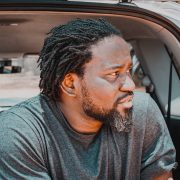 PIN IT
PIN ITSamuel Phillips is a writer, graphic designer, photographer, songwriter, singer and a lover of God. As an Afrikan content creator, he is passionate about creating a better image and positive narrative about Afrika and Afrikans. He is a true Afrikan who believes that the true potential of Afrika and Afrikans can manifest through God and accurate collaborations between Afrikans. Afrika is the land of kings, emperors, original wisdom, ancient civilizations, great men and women and not some road-side-aid-begging poor third world continent that the world finds joy in undermining.









